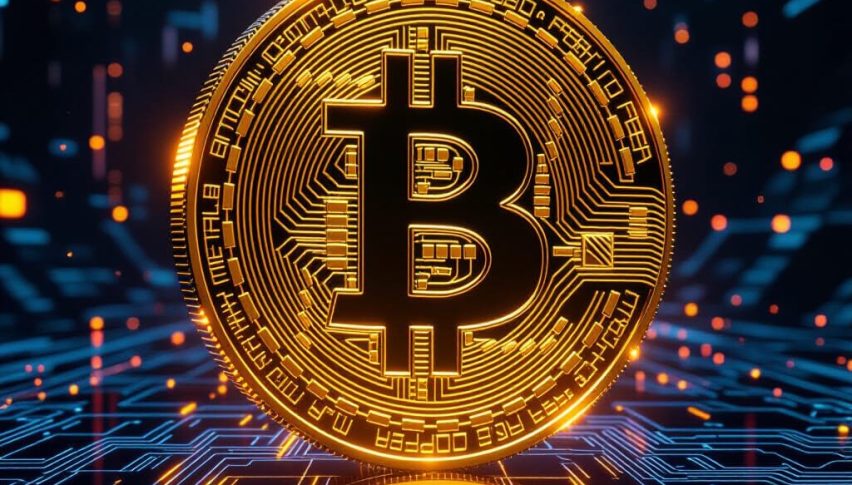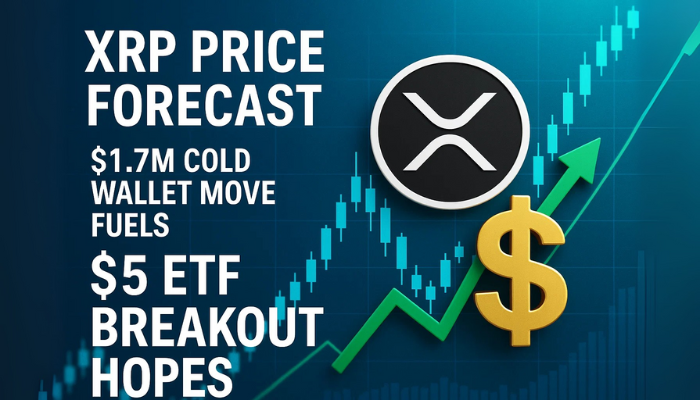Ripple Faces Challenges in SEC Lawsuit: Implications for Cross-Border Payments
The prolonged lawsuit between Ripple Labs and the U.S. Securities and Exchange Commission (SEC), which questions the classification

The prolonged lawsuit between Ripple Labs and the U.S. Securities and Exchange Commission (SEC), which questions the classification of Ripple’s XRP token as a security, is drawing to a potentially conclusive phase.

Initiated in December 2020, this legal contest has been a critical point of focus for the cryptocurrency industry, as it could set a significant precedent for crypto regulation in the United States.
Recently, the court ruled in favor of Ripple in part, ordering the company to pay a $125 million civil penalty, substantially less than the $2 billion sought by the SEC.
🚨 JUST IN: Ripple's CROSS-BORDER BUSINESS Faces THREAT from SEC Suit! Is it the COLLATERAL DAMAGE We Should Be Watching? 🌍💥#Ripple #SEC #CryptoNews
Source: https://t.co/inq09yJxgd pic.twitter.com/ZfV9NglY5Q— Web3Market – Products & News (@Web3Market_site) August 10, 2024
Ripple CEO Brad Garlinghouse remarked on social media that the ruling was a substantial victory and marked the end of the SEC’s aggressive stance towards the XRP community.
Court Ruling and Its Implications for XRP
This judicial decision does not resolve the core issue of whether cryptocurrencies are securities. However, it has immediate consequences for Ripple’s operations, especially concerning the sale and use of the XRP token for cross-border payments within the U.S.
The judge’s ruling stressed that while Ripple pushed the regulatory boundaries, its actions have not definitively crossed the line into illegality.
Nevertheless, the court issued an injunction based on the potential for future violations, effectively limiting Ripple’s ability to sell XRP tokens to U.S. accredited investors under Regulation D, which Ripple had been utilizing.
The Future of Cross-Border Payments with Blockchain
The implications of the court’s decision extend beyond regulatory compliance, touching upon the utility of XRP in facilitating cross-border transactions. Despite the legal headwinds, blockchain technology, particularly in forms like stablecoins, continues to gain traction as a solution for international business transactions.
Blockchain offers substantial benefits over traditional systems, such as higher transaction speeds, lower fees, and round-the-clock operation, which could revolutionize cross-border payments.
The SEC acknowledges the recent conclusive court decision regarding the Ripple case. The SEC reveals the significant results and important points arising from this ruling. pic.twitter.com/6UeVNkcAxz
— Decilizer (@decilizer) August 11, 2024
Ripple’s Senior Vice President Brooks Entwistle highlighted the inefficiencies of current cross-border payment processes, noting the high costs and lack of transparency that blockchain technology can address.
As legal and regulatory landscapes evolve, the adoption of blockchain for international payments is expected to grow, potentially reshaping how businesses manage global transactions.
- Check out our free forex signals
- Follow the top economic events on FX Leaders economic calendar
- Trade better, discover more Forex Trading Strategies
- Open a FREE Trading Account


